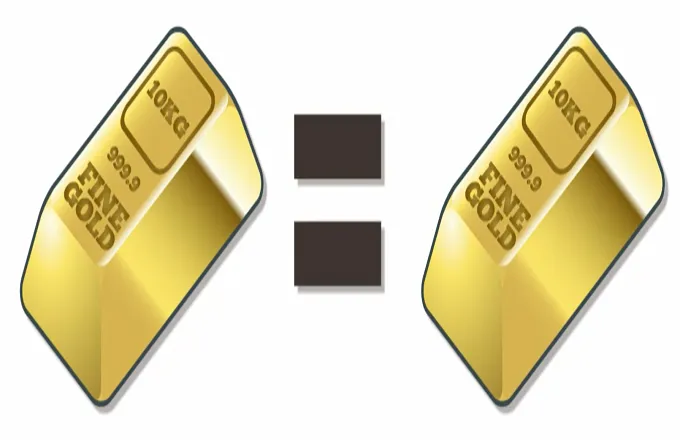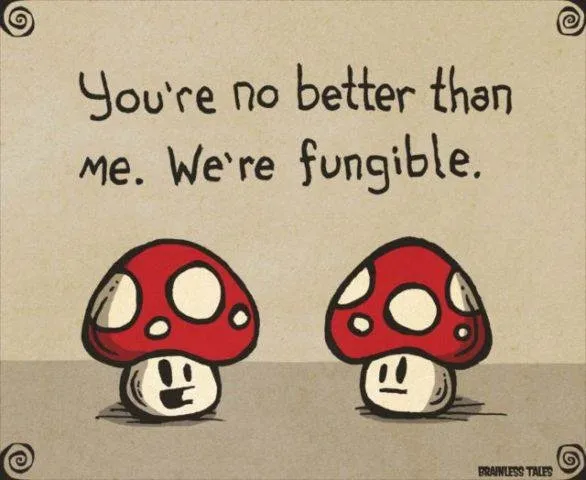
One of the defining characteristics of currency is that it is fungible. One dollar bill is worth one dollar bill no matter what. One ounce of 24 karat gold is worth one once of 24 karat gold no matter what. You can trade fungible items back and forth and be certain that the value hasn't changed from one swap to another.

This is a big problem with Bitcoin because funds get hacked and stolen all the time. Those funds are then traced and the first person to tag their KYC/AML information is going to have to police breathing down their neck, whether they were involved in the crime or not.
This dynamic creates a situation where Bitcoin is not fungible. No one wants those coins because they have been red-flagged. Various tactics such as tumbling and mixing occur to obfuscate the tracking process.
The Bitcoin community has had various talks of building privacy into the platform as a default to increase privacy and make tokens more fungible and less prone to these red-flagging events that make Bitcoin less of a currency.

Imagine a drug dealer uses some of his ill-gotten gains to purchase a popsicle at a stand like this one. Now imagine the cops coming to the popsicle stand demanding the owner of the booth for a reasonable explanation as to why he's carrying around drug money. Sounds ridiculous? That's because it is.
In fact, this fungibility issue has already been slapped down in court long ago. There was a famous bank robbery case where the bank tagged the stolen money and demanded it back after it had traded hands several times. The courts concluded that allowing the bank to take its money back would break the fungible nature of USD, and therefore undermine the entire currency with that kind of precedence.

Foolish regulation
It appears as though we have to wait for the courts to wake up to this same concept when it comes to crypto. We should all be expecting some major ground breaking cases to rise up in the near future. Until then, all blockchains can do is become more private in order to stop these unjust laws at the source.
This is one of the main reasons why I think privacy coins like Monero are insanely undervalued right now. We haven't even come close to reaching the precipice of this issue. You'd think we did already considering all the times Bitcoin has been slammed in the past. For the longest time a large percentage of the world thought that Bitcoin was useful only for buying drugs, funding terrorism, and promoting pedophilia.
A lot of people look at privacy coins with suspicion and think that they are going to be regulated out of the market. Nothing could be farther from the truth. Privacy coins are clearly a superior form of currency in the rawest sense of currency because of this fungibility issue.

Take Steem for Example
Upvotes are not fungible. Downvotes are arbitrary and an upvote from one account is not necessarily worth the same as another (even if they have the same Steem Power). Personally, I don't think this is that big of a deal, but it might be in the future.
Conclusion
We live in a digital age. Control the information; control the world. This has created a culture of believing that privacy is synonymous with suspicious activity. "I have nothing to hide," is the most false statement anyone can make. Everyone has everything to hide. Your very identity is being monetized by the elite without your knowledge. Of course this is just a general statement as my audience is much more in-the-know when it comes to these issues.